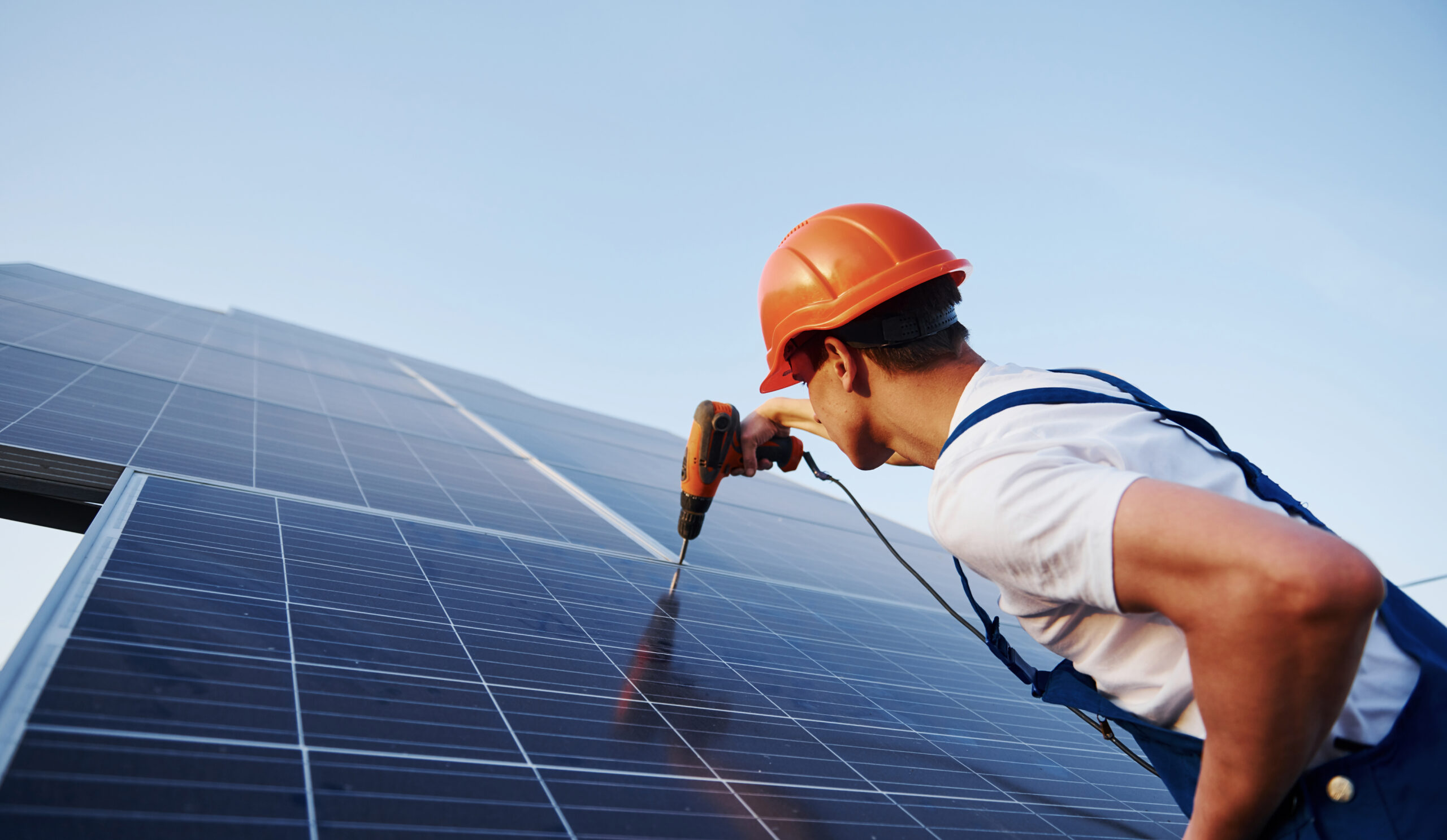Het geluidsniveau van een warmtepomp hangt af van het type toestel en de installatieplaats:
- Een lucht-water warmtepomp heeft een buitentoestel dat geluid maakt, vergelijkbaar met een airco. Op 5 meter afstand ligt het geluidsniveau meestal tussen 35 en 50 decibel (vergelijkbaar met zacht geroezemoes of een koelkast). Binnen heb je doorgaans geen last van het geluid, aangezien de binnenunit erg stil werkt en meestal geplaatst wordt in een berging of technische ruimte.
- Een grond-water warmtepomp werkt bijna geruisloos, omdat er geen buitentoestel nodig is.





